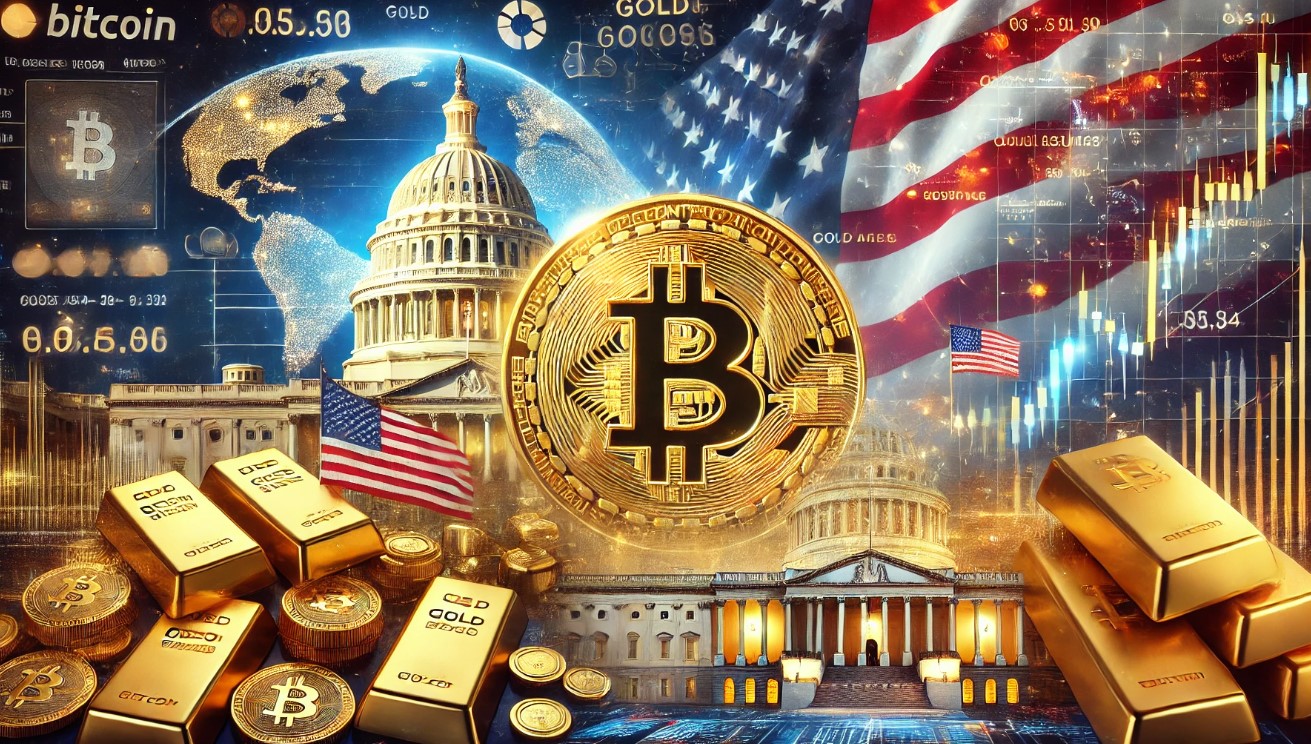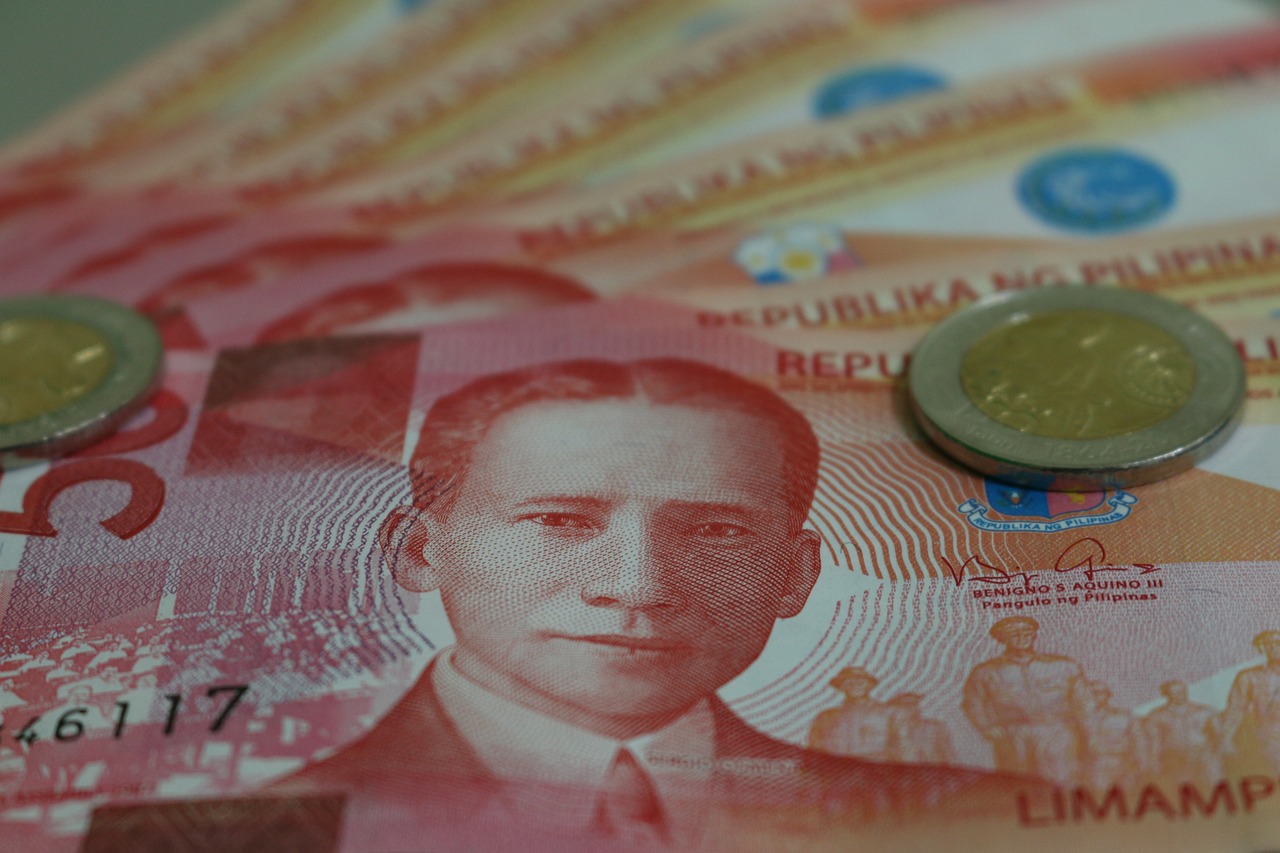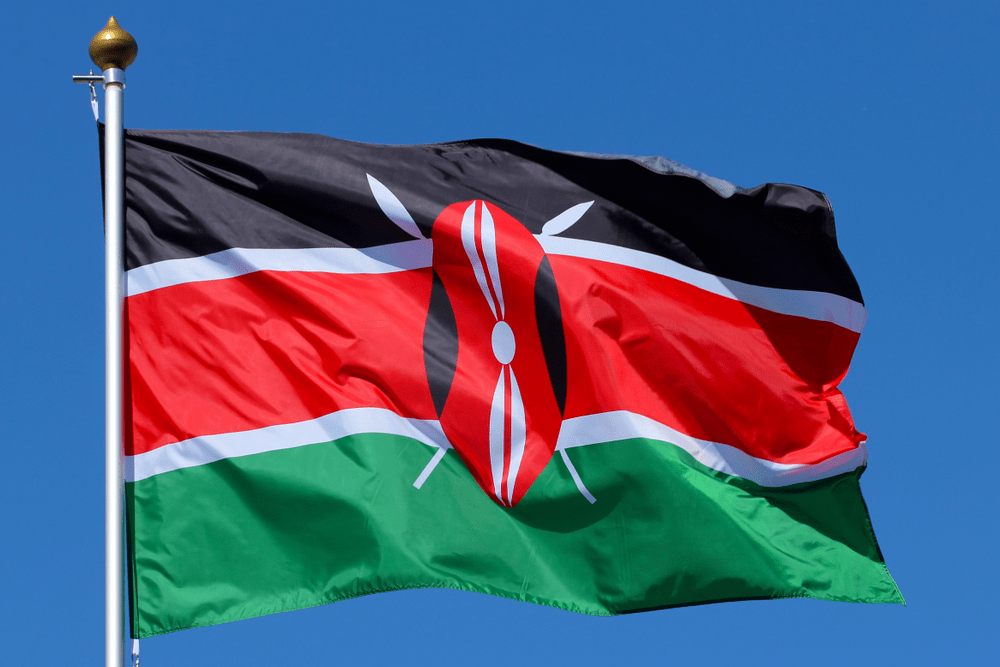President-elect Donald Trump’s proposal to establish a national Bitcoin reserve has ignited a wave of criticism from economic experts, including former Treasury Secretary Larry Summers.
Summers, who managed the US national gold reserve during Bill Clinton’s administration, described the idea as “crazy” and lacking a clear purpose in a recent interview.
Bitcoin Reserve Proposal As ‘Politically Motivated’
Summers articulated his skepticism, asserting that while it makes sense to stockpile tangible resources like gold and oil, Bitcoin’s nature as a “sterile inventory” renders it unsuitable for a national reserve.
“There’s no reason to do that other than to pander to generous special-interest campaign contributors,” he stated, suggesting that the proposal may be more “politically motivated than economically sound.”
Trump’s plan, which he first hinted at during a Bitcoin conference in July, aims to create a strategic reserve of the cryptocurrency to enhance US financial stability and counter geopolitical rivals.
The president-elect has expressed concerns that if the US does not act, countries like China will seize the opportunity to dominate the cryptocurrency space. “If we don’t do it, China and others are going to be doing it,” Trump warned at the rally.
To support this initiative, pro-crypto Senator Cynthia Lummis has introduced legislation that would see the US government purchase one million Bitcoin over five years, representing about 5% of the global supply.
Such a reserve, currently valued at nearly $100 billion, is being promoted as a potential means to reduce the national debt of approximately $36 trillion without raising taxes, while also strengthening the dollar by diversifying government holdings.
Super PACs Back Trump’s Crypto Agenda
Investor optimism surrounding Trump’s stance on cryptocurrencies has contributed to Bitcoin’s price surge, recently pushing it above $100,000. Super Political Action Committees (PACs) linked to the crypto industry have reportedly invested millions in Trump’s campaign, fostering an environment where pro-crypto lawmakers are gaining traction.
To further shape his administration’s crypto policy, Trump has announced plans to create a crypto advisory council, with executives from leading cryptocurrency firms showing interest in participating.
Additionally, venture capitalist David Sacks has been appointed as the White House’s AI and crypto czar, tasked with developing a legal framework for the burgeoning industry.
However, not everyone is convinced that a national Bitcoin reserve is a prudent strategy. Critics, including Peter Schiff, CEO of Euro Pacific Precious Metals, have voiced concerns about BTC’s volatility and the alleged risks of using taxpayer dollars to acquire such an asset.
Schiff warned that government involvement in Bitcoin could lead to a detrimental cycle of continuous purchasing, ultimately undermining the value of the dollar.
“Of course, a reserve of something you can never sell and must continuously buy is worthless as a reserve,” Schiff remarked in a post on social media platform X. He cautioned that maintaining the “illusion of value” in a Bitcoin reserve could force the government to keep buying, thereby diminishing the dollar’s worth in the process.
At the time of writing, the market’s leading crypto consolidates at $97,933, recording a price decrease of 1.5% in the 24-hour time frame.
Featured image from DALL-E, chart from TradingView.com
Credit: Source link















































